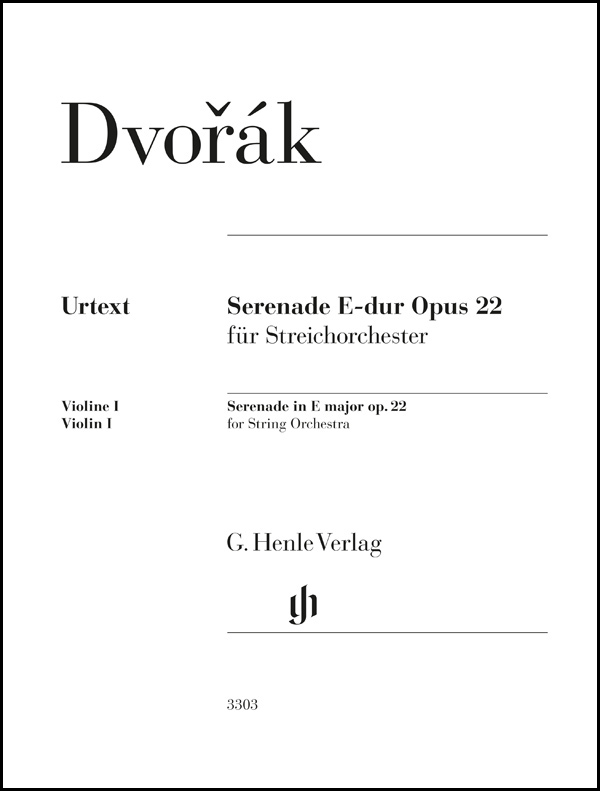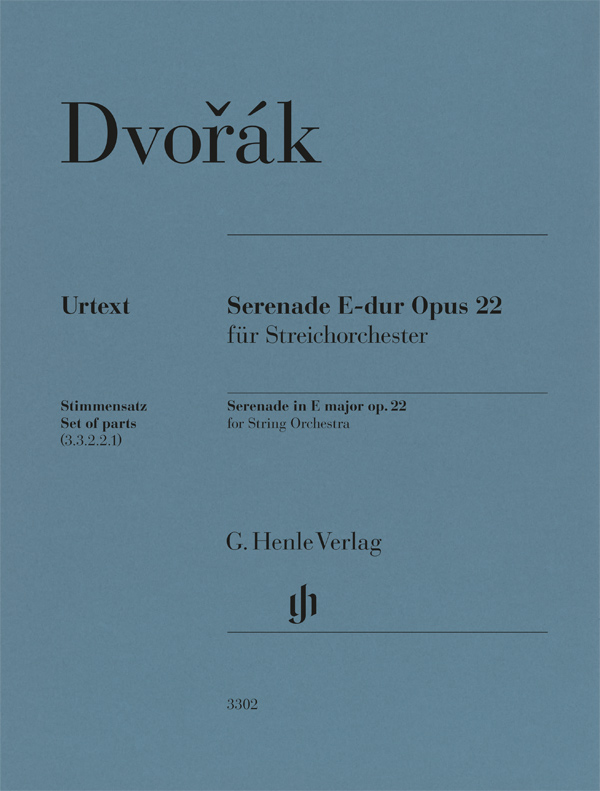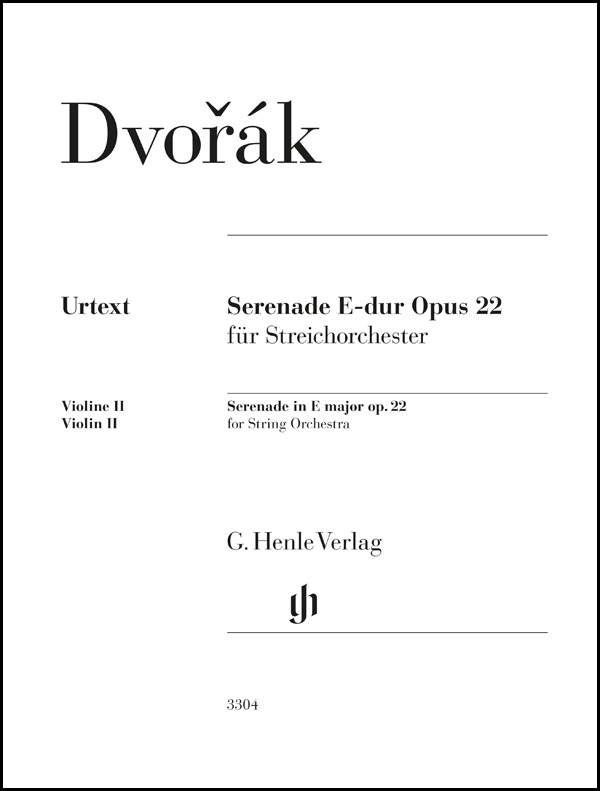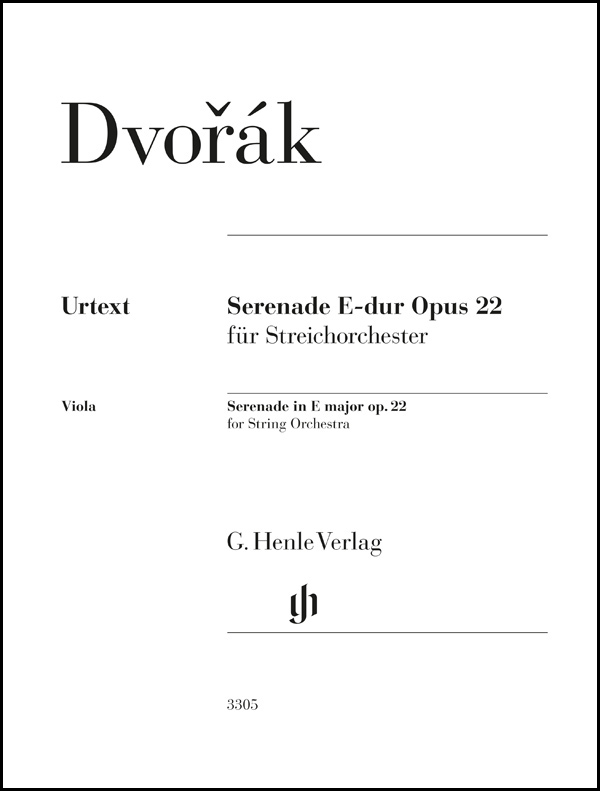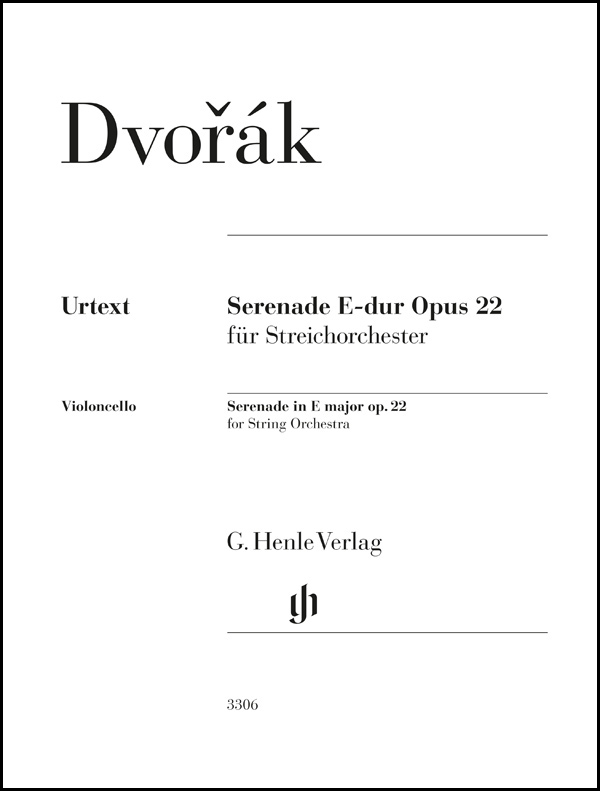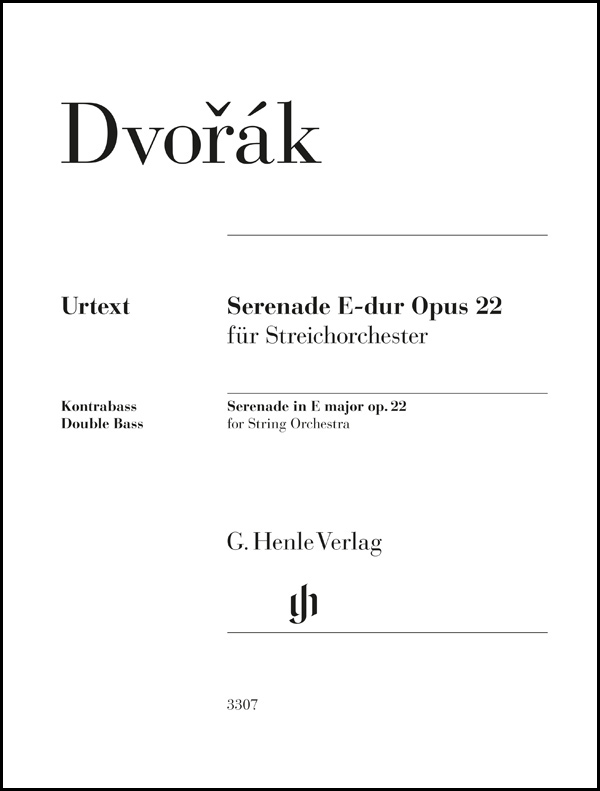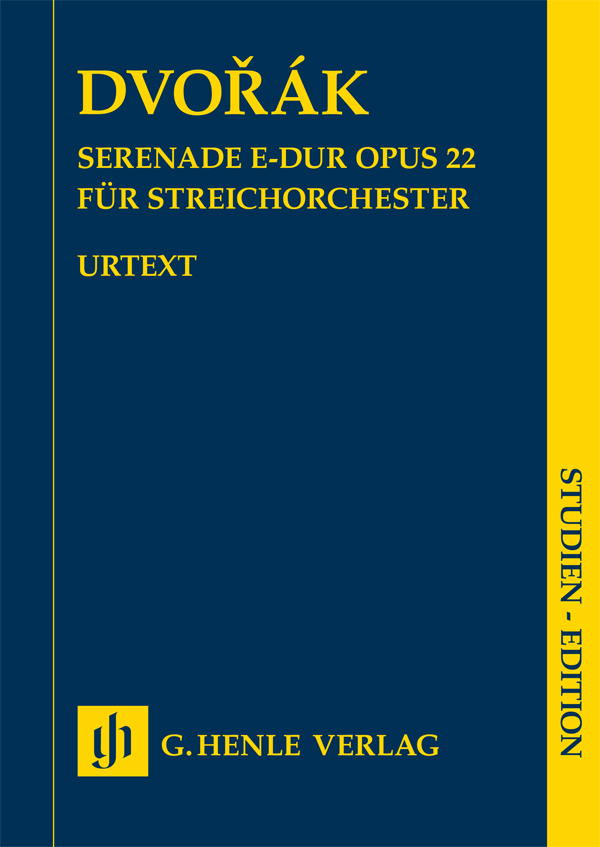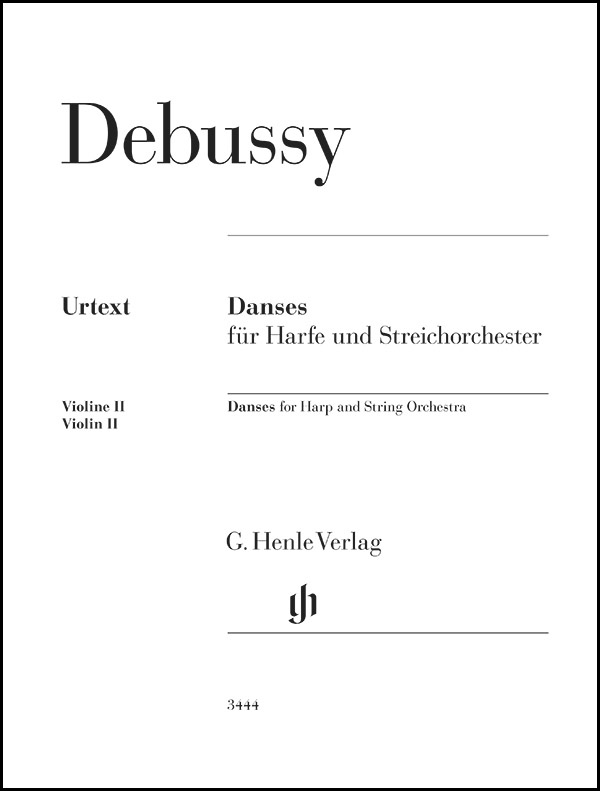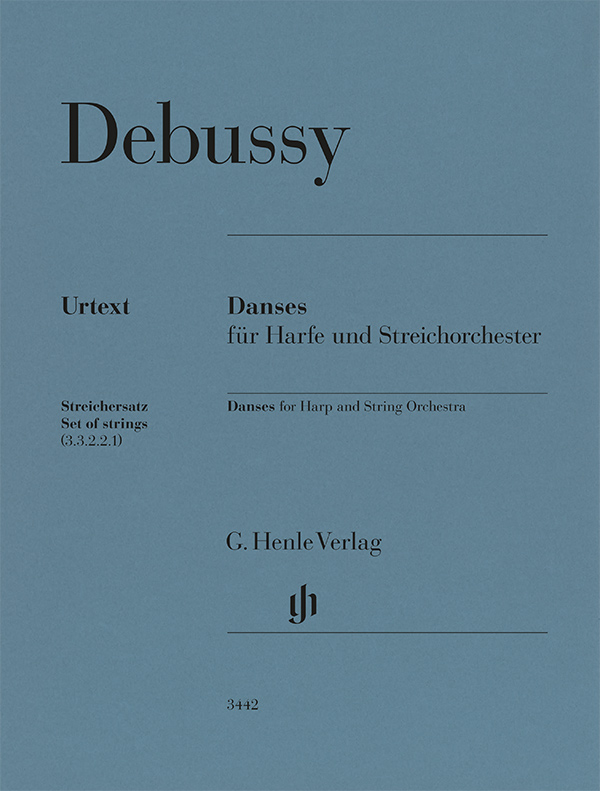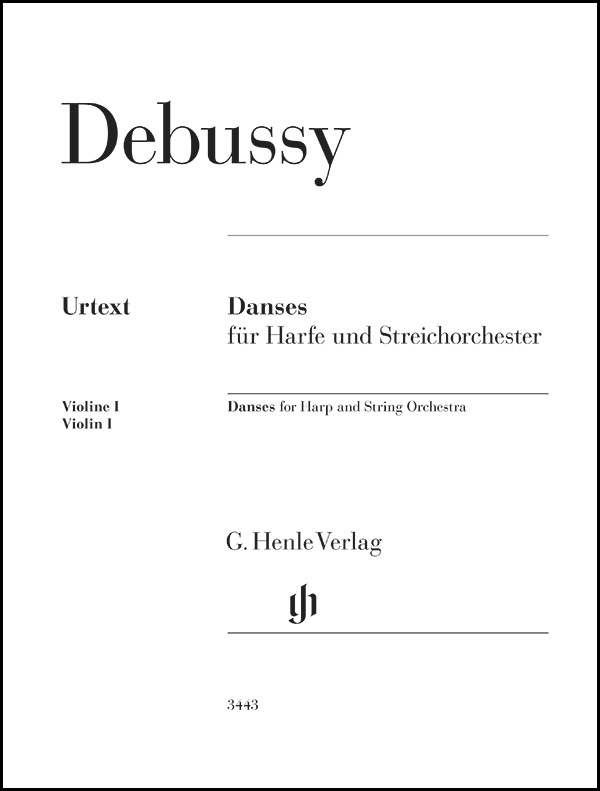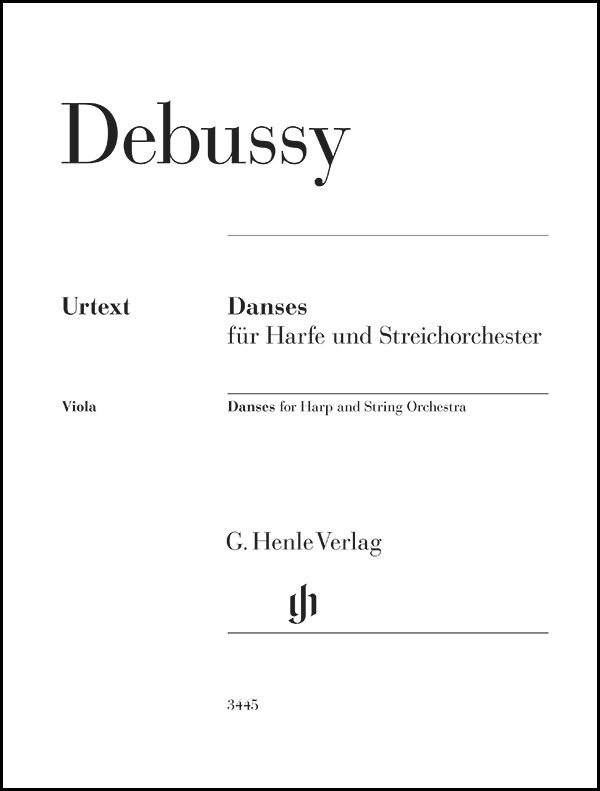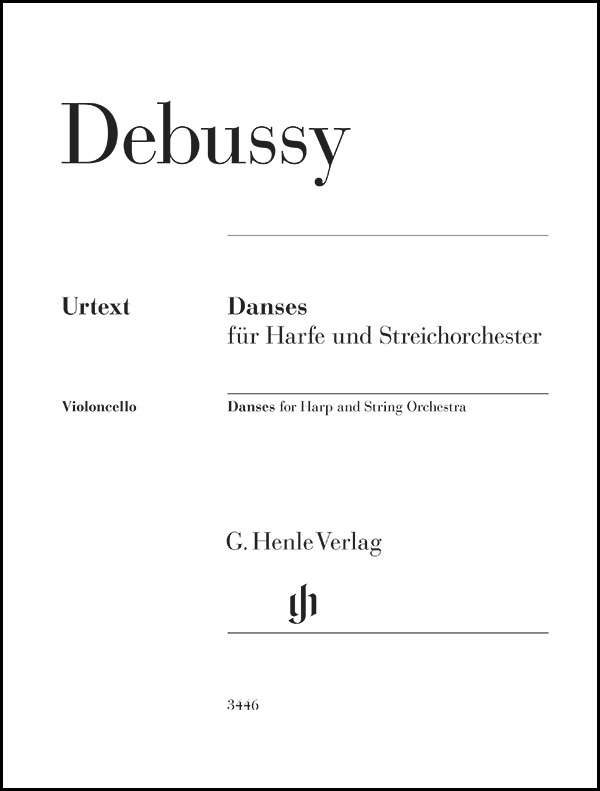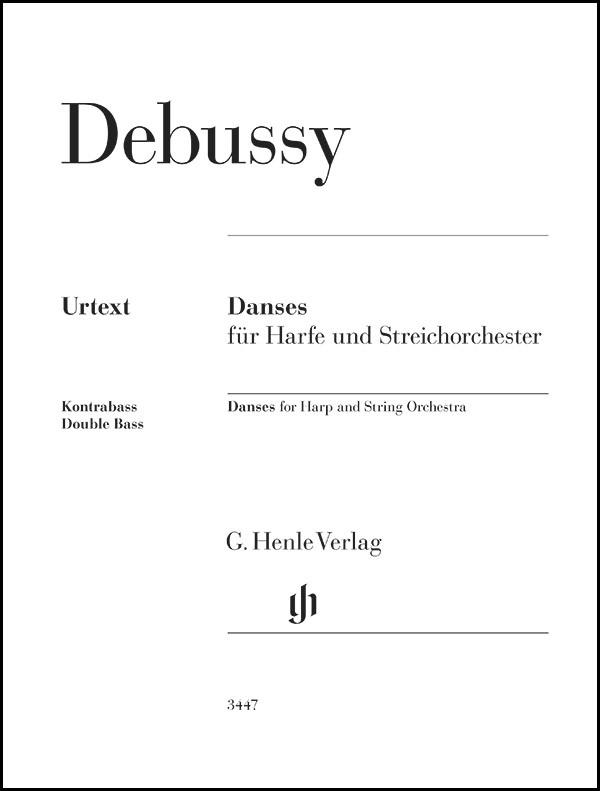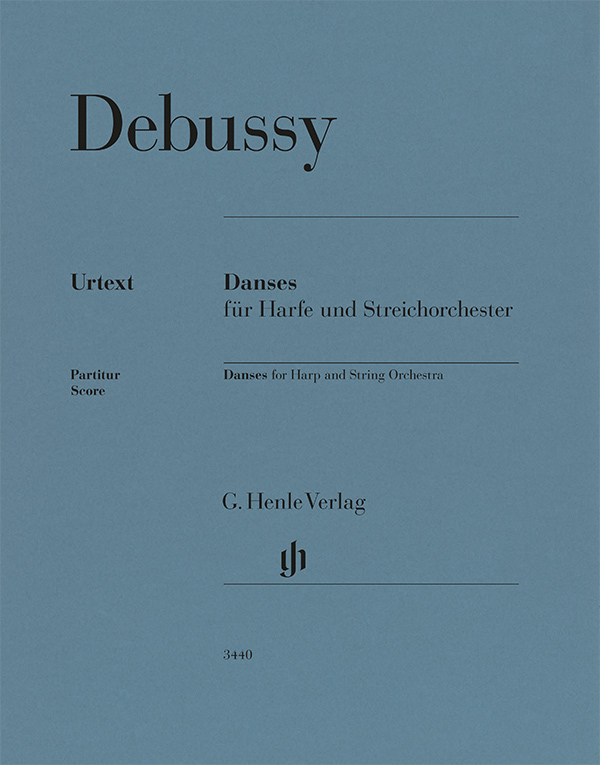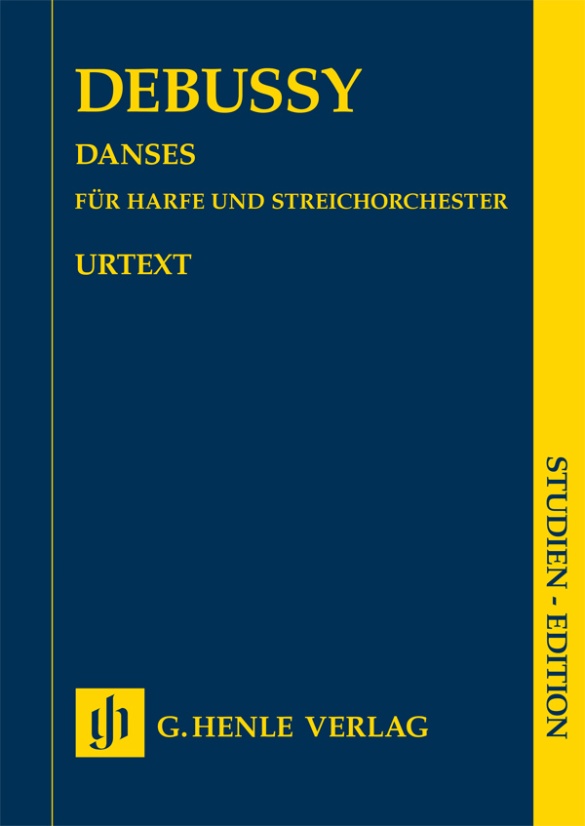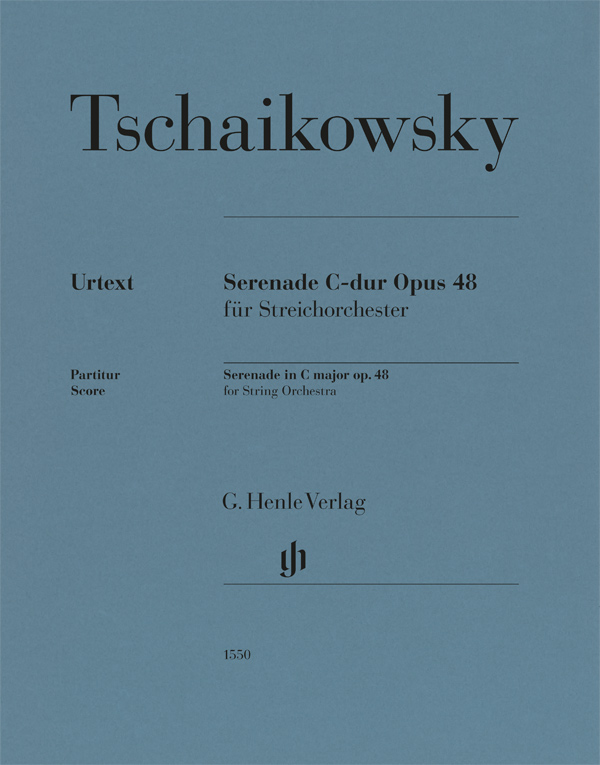

Peter Ilich Tchaikovsky
Serenade C major op. 48 for String Orchestra
Tchaikovsky spent the summer and autumn of 1880 at his sister’s country estate in Kam’ianka, Ukraine, where he sought peace and relaxation. But after a short time the desire to work took hold of him again. “I’m sketching a symphony or string quintet just now; I don’t know where it’s going yet,” he wrote to his friend and patroness Nadezhda von Meck. In the end it turned out to be a Serenade for String Orchestra, which numbers among his most beautiful inspirations and is today a central work in the genre. The four movements captivate with their diverse moods – be it the Mozartian first movement “in the form of a sonatina”, the elegant Waltz, the melancholy “Elegia” or the rousing Finale. For this new source-critical edition it was possible to consult the autograph in Moscow as well as the early printed editions into which Tchaikovsky sometimes entered a number of minor revisions. Clear the stage for the new reference edition of this indispensable work of the string-orchestra repertoire!
Content/Details
About the Composer
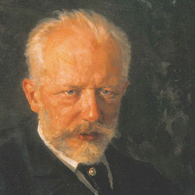
Peter Iljitsch Tschaikowsky
Most important and first professionally trained Russian composer of the nineteenth century; main works include operas, ballet music, six symphonies, three piano concerti, and one violin concerto, as well as songs, chamber music, and piano music.
| 1840 | Born in Votkinsk on May 7, the son of a mining engineer. |
| 1849–59 | Educated as an attorney. |
| 1861–65 | Study of music; he numbers among the first graduates of the St. Petersburg Conservatory. Piano studies with Anton Rubinstein. |
| 1866–76 | He relocates to Moscow to teach harmony, instrumentation, and free composition at what later became the Moscow Conservatory. Composition of Symphonies No. 1 through 3 (Opp. 13, 17, 29), the Piano Concerto No. 1 in B-flat minor, Op. 23, the three string quartets (Op. 11 in 1871, Op. 22 in 1874, Op. 90 in 1876). |
| 1868–76 | Active as a reviewer. He attends the premiere in Bayreuth of Wagner’s “Der Ring des Nibelungen” in 1876. |
| from 1877 | Travels at home and abroad. Beginning of patronage from Nadezhda von Meck. Composition of the Symphony No. 4 in F minor, Op. 36, premiered in Moscow in 1878. Premiere of the ballet “Swan Lake,” Op. 20. |
| 1879 | Premiere in Moscow of “Eugene Onegin,” his best-known and most important opera. |
| 1884 | Premiere in Moscow of “Mazeppa.” |
| from 1887 | Regular performances as conductor of his and others’ work. He is regarded abroad as the most important exponent of Russian music |
| from 1888 | Granted an annuity for life by the Tsar. |
| 1888 | Composition and premiere in St. Petersburg of the Symphony No. 5 in E minor, Op. 64; fate motive appears as a kind of “idée fixe.” |
| 1892 | Premiere of the ballet “The Nutcracker,” Op. 71. |
| 1893 | Composition of the Symphony No. 6 in B minor (“Pathétique”), Op. 74, which is premiered in St. Petersburg in October that year. |
| 1893 | Death from cholera in St. Petersburg on November 6. |
About the Authors
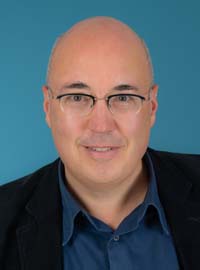
Dominik Rahmer (Editor)
Dr. Dominik Rahmer, born in 1971 in Mainz, studied musicology, philosophy and maths in Bonn. He did his Magister Artium in 1999 and his doctorate in 2006 with a thesis on the music criticism of Paul Dukas.
From 2001 to 2011 he was employed at Boosey & Hawkes/Bote & Bock in Berlin, where he also worked on the Critical Edition of the Works of Jacques Offenbach (OEK). Since 2011 he has been an editor at G. Henle Publishers in Munich, with a particular focus on French and Russian music and works for wind instruments.
Product Safety Informations (GPSR)

G. Henle Verlag
Here you can find the information about the manufacturer of the product.G. Henle Verlag e.K.
Forstenrieder Allee 122
81476 München
Germany
info@henle.de
www.henle.com
Il nuovo punto di riferimento per questo capolavoro.
Suonare News, 2024推荐
autogenerated_cross_selling


